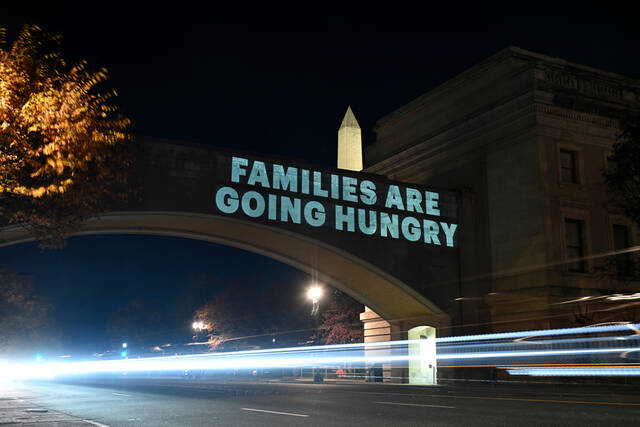They’re gonna dance with the ones that brung ‘em. That is still true in politics. And it is a good thing in terms of the currency of human relationships — loyalty, gratitude, friendship — as long as it does not get in the way of the job for which a candidate has been elected.
When the Republican and Democratic party organizations selected winning candidates at nominating conventions and primary elections and even in smoke-filled rooms, you could count on a candidate’s loyalty to the general principles of the parties. There was often an actual party platform on the big issues; political parties stood for something.
Republicans were fiscally conservative and pro-business. Democrats fought for social justice and labor rights. Even if you were not familiar with the candidates themselves, you pretty much knew what the candidates stood for because of the party that chose them.
It’s not like that anymore. Nationally, in 2020, the Republican Party declined to adopt a platform, choosing to only nominate Donald Trump for a second term. Locally, elected Democratic Party committee people — the foot soldiers of political campaigns — freely campaign for their own favorite candidates even when the party has endorsed someone else.
Without strong parties, anybody looking for a way to determine how a candidate’s beliefs align with their own must follow the money. Every candidate is a political entrepreneur now, raising his or her own campaign funds most often without the parties. And the contributors to the candidates — individuals and organizations — are now the best indicators of what a candidate’s priorities will be once elected.
When Pittsburgh Mayor Ed Gainey successfully ran for mayor in 2021, the SEIU Healthcare union spent $350,000 in support of his campaign. Once in office, Gainey appointed union officials to critical positions in his administration. And he carried the union’s water in city negotiations with UPMC, reportedly conditioning city action on UPMC’s recognition of the union.
Two other progressive candidates won the Democratic Party nominations for Allegheny County executive and district attorney last week with the support of progressive organizations from outside the county. County executive candidate Sara Innamorato had the support of the New York-based Working Families Party, in addition to SEIU Healthcare locally.
Matt Dugan, who raised $77,000 on his own, won the Democratic nomination for district attorney with a contribution of $734,000 from the Pennsylvania Justice and Public Safety PAC. Billionaire financier George Soros, the only contributor to the PAC, makes no apologies for his support for progressive district attorney candidates nationally, including Philadelphia District Attorney Larry Krasner.
The old party structure may be gone for now, but these are heady times for progressives. After years on the fringes of power, with a few exceptions, they have won a series of important local positions. Now the test will be how they govern.
In Philadelphia last week, the Bernie Sanders/AOC candidate for mayor was defeated by Cherelle Parker, a Black woman and mainstream Democrat with a tough stance against violent crime, a plan to hire more police and a belief in reinstituting stop-and-frisk. Other progressive Philadelphia candidates also lost.
And progressives will still have to govern when they win, which is difficult, as Gainey has found here in Western Pennsylvania, without the government management professionals that were empowered through the party system.







